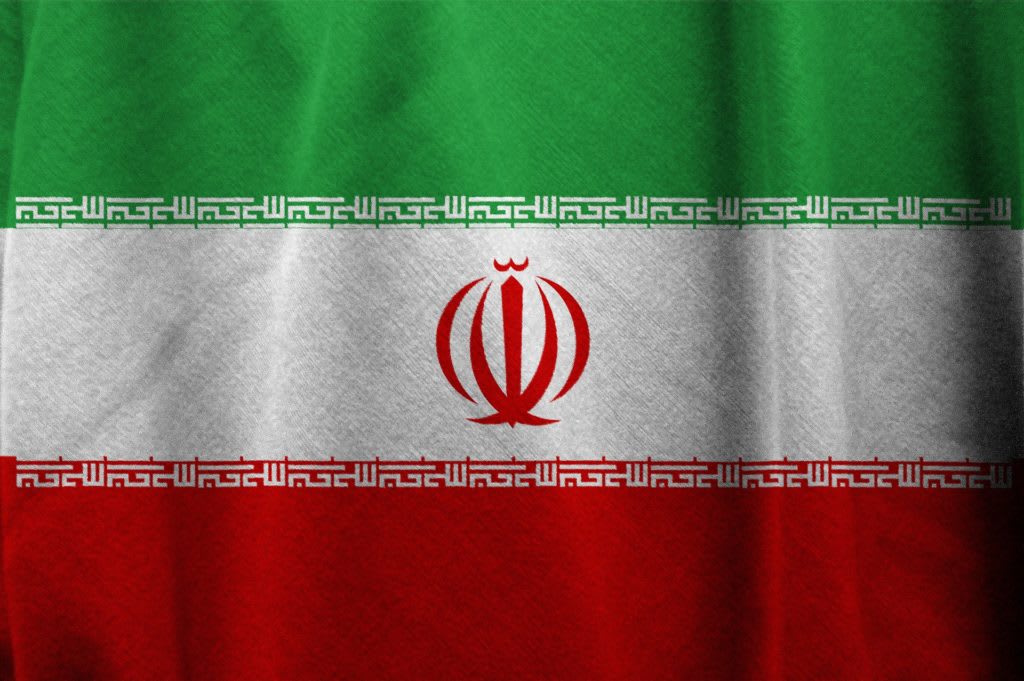Iran thwarts a large-scale cyber attack targeting the country's infrastructure.

Behzad Akbari, the head of Iran's Telecommunications Infrastructure Company, announced that his country thwarted a wide-scale and sophisticated cyberattack targeting the country's infrastructure on Sunday, April 27th.
The Tasnim news agency, affiliated with the Revolutionary Guards, quoted Akbari as saying: "One of the most extensive and complex cyberattacks on the country's infrastructure was detected, and precautionary measures were taken," without providing further details, according to Reuters.
This cyberattack came one day after a major explosion at the Bandar Abbas port, Iran's main container shipping port, causing material damage without a clear reason announced for the incident.
Speculations suggested that stored chemicals at the port might be the cause, but Iranian authorities denied international reports linking the explosion to mishandling of the solid fuel used in missiles.
In a related context, Iran and the United States concluded a third round of nuclear talks in Oman on Saturday amid escalating regional tensions.
In a statement on Sunday, Israeli Prime Minister Benjamin Netanyahu called for "dismantling the entire Iranian nuclear infrastructure, not just preventing the development of nuclear weapons."
Iran has previously accused Israel of being behind similar cyberattacks, including the attack on Iranian fuel stations in 2021, which Tehran blamed on Tel Aviv.
In 2023, Iran experienced a more complex cyberattack that disabled around 70% of fuel stations, with a group calling itself "Predator Bird" claiming responsibility for the attack, describing it as a response to "the aggression of the Islamic Republic and its agents in the region."
Iranian authorities continue to investigate the recent explosion, while the underlying motives behind the recent cyberattack remain subject to speculation amid ongoing geopolitical tensions.